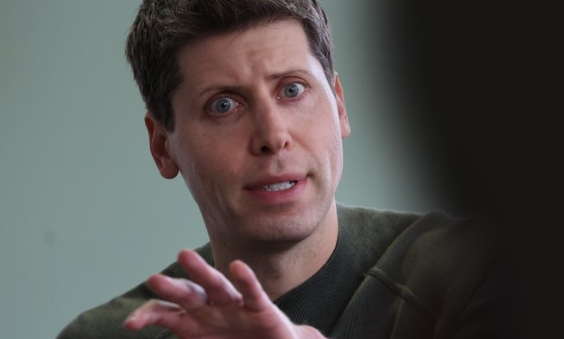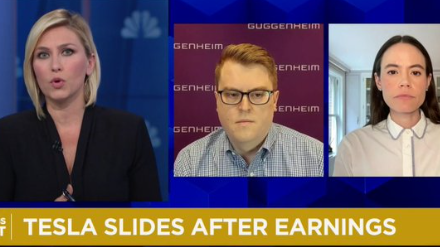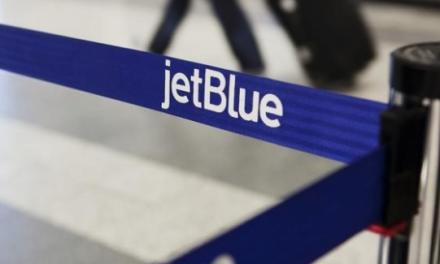The man is flirting with Marxism, hoping that AI can be used to bring about the rise of the Left and Marxist policy.
OpenAI has embarked on a groundbreaking initiative by funding the largest basic income study ever conducted in the United States, aimed at providing financial stability to individuals living below the poverty line. This ambitious project involved collaboration with researchers to deliver unconditional cash payments to selected participants over a span of three years. I might be all for private companies doing this, except we know what the ultimate goals are, to force such policies on our nation. They never take into account the taxpayers, and from interviews I’ve seen, the man thinks AI will make up for all production and income lost.
The study enrolled approximately 3,000 individuals, aged between 21 and 40, hailing from Texas and Illinois. These participants had annual earnings of less than $30,000. To analyze the impact of financial aid on their lives, the participants were divided into two groups. One-third of the participants, referred to as recipients, were granted $1,000 per month, while the remaining participants, constituting the control group, received a nominal amount of $50 per month.
Sam Altman gave people $1,000 a month for 3 years—here’s what happened
OpenAI CEO advocates for universal basic income as solution to economic disruptions caused by AI advancementshttps://t.co/WSbWEdb5kn— Khan (@Khan5434843003) July 22, 2024
The study’s findings revealed that the recipients of the substantial cash payments experienced significant improvements in their ability to make informed and strategic employment decisions. They were not only more inclined to search for jobs but were also more selective about the opportunities they pursued. According to the study’s authors, “Cash can increase people’s agency to make employment decisions that align with their individual circumstances, goals, and values. Recipients were more likely to be searching for a job, but they were more selective.”
One of the participants shared their experience, stating, “Because of the [cash transfer] and being able to build up my savings, I’m in a position for once to be picky. I don’t have to take a crappy job just because I need income right now. I have the opportunity to hold out and try and find the right fit.” This sentiment underscores the empowerment and financial flexibility that the cash payments provided to the recipients.
Another participant highlighted how the financial aid enabled them to take a lower-paid entry-level position in their desired field. Over two years, this strategic career move led to a six-figure salary. Reflecting on this journey, the participant noted, “If I didn’t have the cash transfers, there is no way I could have taken that pay cut.”
Despite these positive outcomes, the study observed no significant difference in overall employment levels between the recipients of the larger payments and the control group. The recipients primarily increased their spending on essential needs such as food, housing, and transportation. The financial assistance also facilitated access to healthcare services, including braces and treatment for alcoholism. While the payments initially reduced stress levels among recipients, many of the health benefits diminished after two years.
NEW:
Sam Altman has been quietly funding a project that gave thousands of people free money for several years. It’s results are now public.
“Computers will replace effectively all manufacturing,” he’s said, and basic income is the “obvious conclusion.”https://t.co/U8R2IbILQh
— sarah emerson (@SarahNEmerson) July 22, 2024
Sam Altman, CEO of OpenAI, has been a vocal advocate for the concept of universal basic income (UBI), particularly as advancements in artificial intelligence reshape the labor market and potentially displace certain jobs. This study aligns with his vision of using financial support to enhance individual agency and economic stability.
Key points:
- OpenAI funded the largest basic income study in the U.S., involving 3,000 participants from Texas and Illinois, earning less than $30,000 annually.
- Participants were divided into two groups: one-third received $1,000 per month, while the control group received $50 per month.
- Recipients of the larger payments reported greater flexibility and selectiveness in job searches, enhancing their employment decisions.
- Financial aid primarily increased spending on basic needs and healthcare, with initial stress reduction benefits fading after two years.
James Kravitz – Reprinted with permission of Whatfinger News







